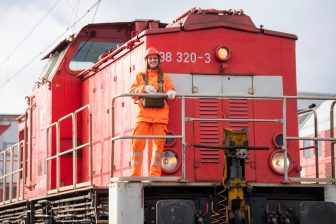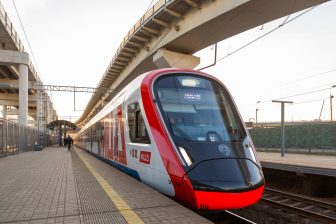
Transformation of ProRail: what does it mean?
“Since ProRail is functioning so well, why would you want to alter it?”. And so began a talk by Deputy Secretary-General Jan Hendrik Dronkers from the Ministry of Infrastructure and Water Management on the transformation of ProRail to an independent administrative body (zelfstandig bestuursorgaan, or zbo). At the SpoorPro Seminar held on 12 March and dedicated to the establishment of a zbo, Dronkers tried to convince the audience of the usefulness of this operation, and primarily tried to assure them that it would be done carefully and that many things would remain unaltered.
Want to read more?
You have read all of your free premium articles for this month. Please become a subscriber to keep reading.
Subscribe now!
Take advantage of our exclusive offer to get full access to all premium content.



